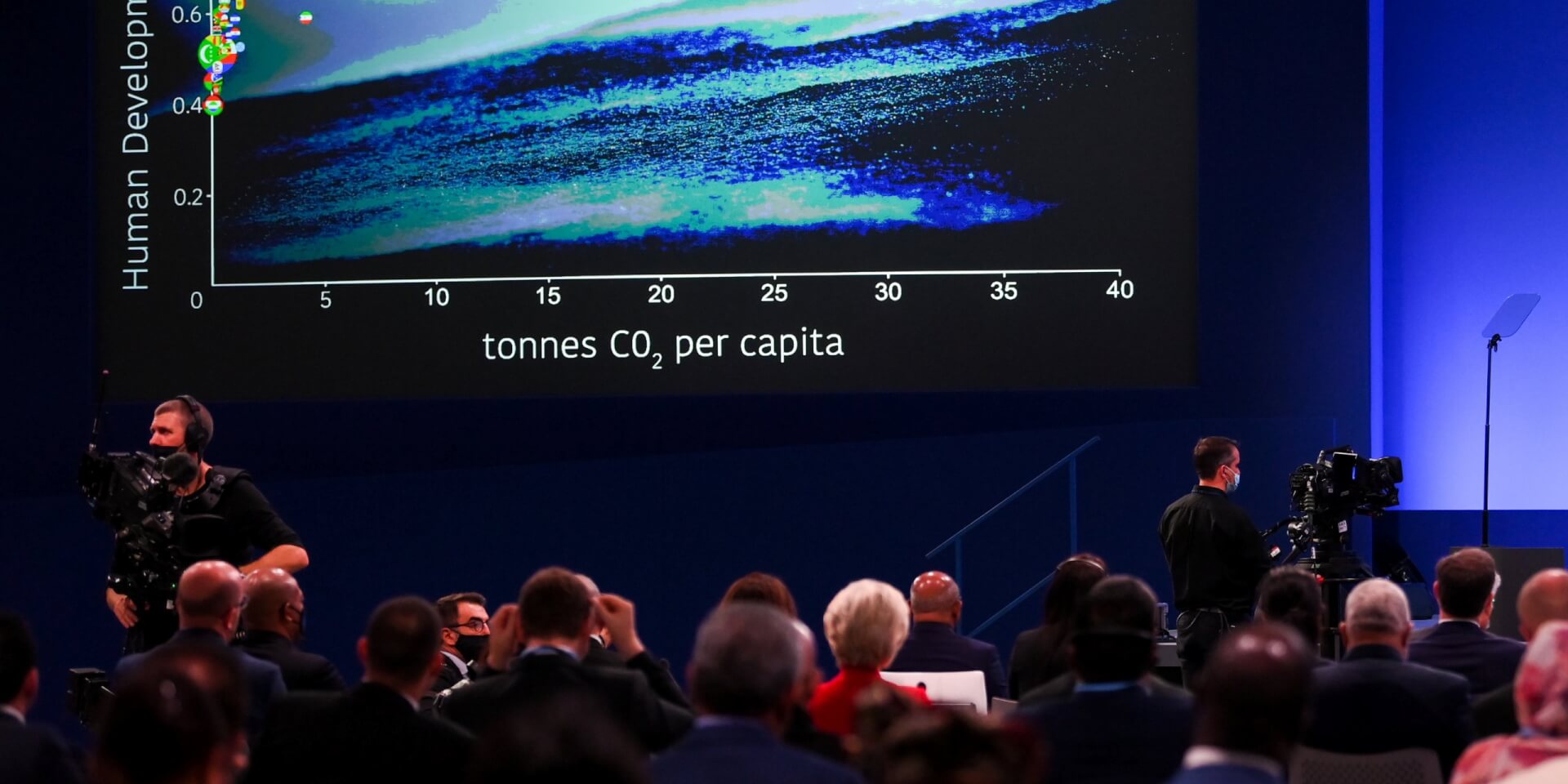
With just under a month before the start of UNFCCC COP27, attention is turning to the key issues likely to dominate discussions in Sharm El-Sheikh. The pre-COP climate talks in Kinshasa, Democratic Republic of Congo, set the tone with a call to rich nations to honour funding pledges to developing countries.
“Failure to act on loss and damage will lead to more loss of trust and more climate damage,” said U.N. Secretary-General Antonio Guterres. “The collective commitments of G20 governments are coming far too little and far too late.”
The issue of economic help to deal with ‘loss and damage’ due to climate change has been under debate for over thirty years, resulting in a series of different initiatives such as the Adaptation Fund launched as part of the Kyoto Protocol, and the Green Climate Fund established as part of the Paris Agreement. Action on loss and damage is a major concern for nations that are increasingly and disproportionality affected by climate change, such as Small Island Developing States (SIDS). Yet rich countries are still falling short on a promised US$100 billion in climate funding for developing nations. This fund has only ever been partially met, and the pledge is due to expire in 2025.
What’s more, the optimism seen at the end of COP26 around record-breaking financial pledges made to the Adaptation Fund and Least Developed Countries Fund (LDCF) is looking shaky in the light of increasing economic instability across the world.
The world has changed considerably since commitments made in Glasgow. The Russian invasion of Ukraine, a global energy crisis, high inflation in many parts of the world and the long tail effects of the COVID-19 pandemic have all contributed to a moment of ‘significant economic danger’, according to the World Economic Forum’s Chief Economists Outlook survey. With little progress on climate pledges since COP26, there’s real concern that developed countries’ finance pledges may never be fulfilled. And some low-income countries argue that they must be able to tap into fossil fuel reserves to boost their economies.
At the same time, the effects of cascading climate risks are increasingly apparent. Catastrophic flooding in Pakistan has killed more than 1,500 people, washing away entire villages and leaving close to 8 million people displaced. Life-threatening illnesses and diseases are now spreading among displaced communities already struggling with economic and political instability.
In the light of uncertainty over whether governments will fulfil their commitments to climate action, scientists must be ‘watchdogs’, said Valerie Masson-Delmotte, Co-Chair of the Intergovernmental Panel on Climate Change (IPCC) Working Group I, speaking at a recent Future Earth conference in Paris, France. Masson-Delmotte argued that scientists should be vocal in questioning government actions on sustainability transformations, in line with the climate change mitigation progress assessed by IPCC Working Group III. ‘The impacts to come will depend on action taken now, ’ she said.
The need for urgency was backed by the UN Secretary-General, who used the pre-COP meeting to call for ‘decisive action in solidarity’ at COP27.
Over the next few weeks, we’ll be inviting the Fellows and wider network of the International Science Council to share their perspectives on the action needed at COP27.
Image by Karwai Tang/ UK Government